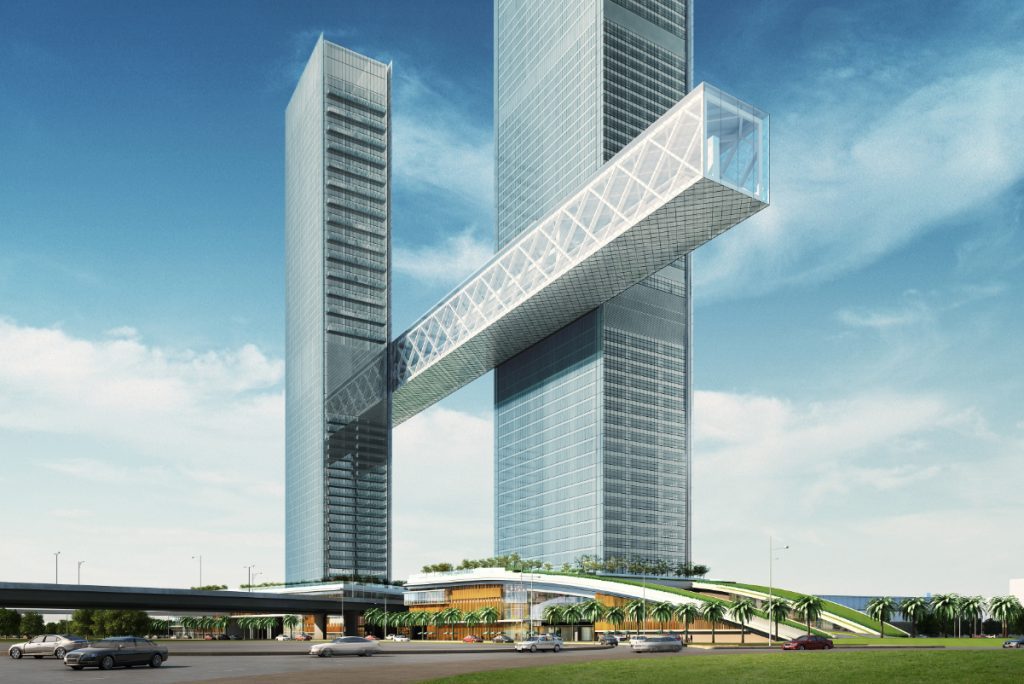The $1,500-a-night Vakkaru Maldives resort in the Baa Atoll will launch a sister resort in the UAE’s relatively quiet emirate of Fujairah. The project is called Naama Beach Villas and Spa, vying to become the most luxurious property in the emirate.
The opening date is currently unknown.
The all-villa product will deploy dedicated butlers and is currently calling for staff with experience with the likes of Four Seasons, Shangri-la and Aman Resorts. Naama is led by general manager Iain McCormack, who will now run both the Vakkaru Maldives and the new Fujairah retreat.
Naama Fujairah will be small, with 44 keys. Vakkaru Maldives has 113 villas and suites, five restaurants, two bars, a wine cellar and an over-the-water spa.
The Vakkaru is owned by Hamed El Chiaty, Travco Group International’s chairman and the head of the Egyptian El Chiaty family. He is the only Egyptian to wholly own a resort in the Maldives.
Travco Group also owns Nile Cruises and the Jaz Hotel Group, making it a major player in Middle East and North Africa (MENA) travel.
Fujairah Tourism
Fujairah is located on the east coast of the UAE, around a 90-minute drive from Dubai. Its tourism sector isn’t as large as the likes of Dubai, Abu Dhabi or Ras Al Khaimah, and is rarely mentioned by the local government. In 2018, Fujairah had 800,000 visitors, Dubai had 15.9 million that year.
Similar to Oman, which it borders, Fujairah has remained focused on its cultural tourism sector. The emirate had recorded nearly 113,000 visits to its top seven archaeological sites in 2022.
Al Bidya Mosque was the most visited archaeological site with some 88,740 visitors, followed by Fujairah Fort in second place, and then Fujairah Museum and Dibba Fort.
UAE-wide Travel
Unified tourism between the seven emirates and the wider Gulf region has been spoken about more and more by regional leaders over the years. In 2020, the ruler of Dubai announced the “UAE Strategy for Domestic Tourism”, which looks to boost tourism in all the sheikhdoms and promote each of their cultural nuances.
The UAE’s domestic tourism sector contributed 41.2 billion Dirhams ( approximately $11.2 billion) to the economy in 2019. It constituted 23 percent of the total tourism sector revenue, compared to 77 percent from international tourism. As part of this 2020 strategy, the country aims to double the domestic tourism revenue and achieve a greater balance between the two forms of tourism by 2030, without citing exact targets.
In October 2023, Gulf states approved the GCC unified visa, effectively agreeing to create a Schengen zone-like policy for the countries.


